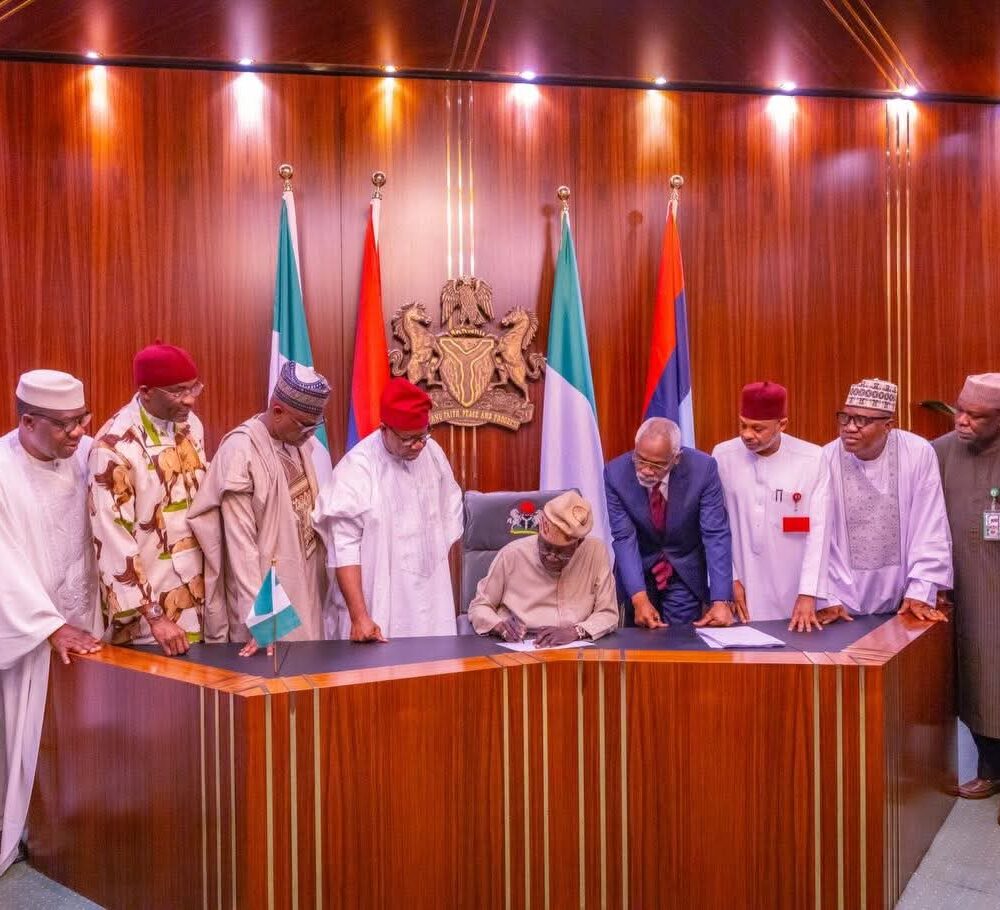Now that The Supreme Court has risen above all sentiments and The fear factor posed by the sudden involvement of Two of THE MOST senior lawyers in the land, let me make bold to hazard what should happen in the other applications for review. I start with Zamfara by saying that this application should suffer the same fate that befell the Bayelsa case. I was at the Supreme Court when the applications came up last week and I have a knowledge of what the applicants are seeking. Chief Robert Clarke’s application on behalf of the APC in Zamfara is standing on a quick sand, just like that on Bayelsa. The consequential orders of their Lordships on Zamfara ARE PERFECTLY IN ORDER. When politicians and political parties WILFULLY AND ARROGANTLY disobey laws and regulations, including laws and regulations made by themselves * ON HOW A PARTICULAR THING SHOULD BE DONE, the courts, when called upon to intervene MUST act not just as a court of law, but a court of Justice. Even though Zamfara left ( and probably still leaves) a sour taste in the mouth of the losers, there is no other way to punish the WILFUL AND ARROGANT conduct of the APC in the act that led to this case. In essence, the Supreme Court should also wield its PUNITIVE POWER on this case, even if the applicants seek to withdraw.
Now, Imo is slightly different for me. Questions have been raised as to the implications of the consequencial orders which brought Senator Hope UZODINMA to power. Did he meet the requirements of the constitution to become governor after his discountenanced votes were added, just like Right Hon Emeka Ihedioha did not before INEC returned him as elected instead of declaring the election inconclusive. If the Supreme Court found merit in this, will it be right to then review itself, or simply conclude that it could not do so?
My take is that on no account should the Supreme Court review its decision. It would be DANGEROUS to do so. It will equally be DANGEROUS not to say something, if their Lordships agree that an error has been committed in its decision. I will therefore think that the court should simply admit its errors and declare that that error has been genuinely made but in the finality of all things, the error cannot be corrected. The court can then add a CAVEAT by saying that the Imo judgment stands on its own, NEVER TO BE CITED AS A PRECEDENCE.
My take, as a layman.
Gbenga Aruleba ,a veteran broadcaster and political analyst writes from Abuja.





